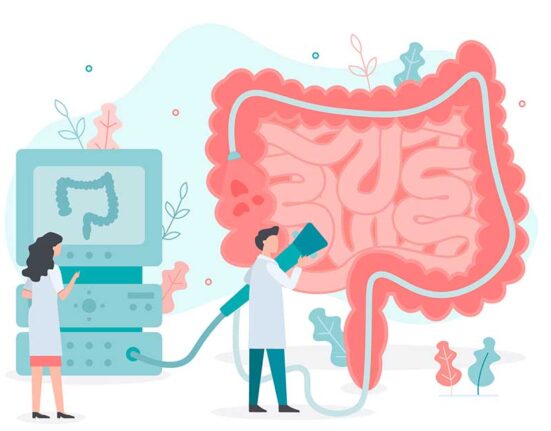3 Myths Preventing People From Going For Regular Cancer Screening – Debunked
Cancer can strike anyone, and at any age. However, many are curable, especially if treated in the early stages. Cancer screening can help to detect early signs of cancer or pre-cancerous conditions before symptoms appear and save lives. Why then do some people not screen for cancer regularly?
Here are the top 3 reasons people may be putting off this vital practice.
Myth #1: I Am Not At Risk Since I Lead A healthy Lifestyle
Congratulations on leading a healthy lifestyle! Regular exercise and healthy eating are indeed important. However, they do not remove the risk of cancer as there are other causes of cancer. As such, it is still imperative to go for regular screening while maintaining to your healthy lifestyle.
Myth #2: I Don’t Have a Family History of Cancer So I’m Not At Risk
The fact is that most cancers are not associated with genes and family history. Cancer can be caused by factors such as the environment and lifestyle choices.
Myth #3: I’ve Already Screened Once. There Is No Need To Keep Doing It.
There are many people who do not go for regular screening after the first time as they “feel fine”. However, early-stage cancer often do not have symptoms, and “feeling fine” does not mean all is well. Thus, regular screening according to recommended screening guidelines is important so that cancers can be detected and treated earlier.
Did you know also that the Government provides subsidies for citizens and Permanent Residents for health screening, including certain types of cancers that are more prevalent in Singapore? Find out more about these subsidies here .
Protect against cancer, cardiovascular disease, and other chronic diseases with regular health screening. Compare and shop for health screenings from Singapore and regional healthcare providers at a single convenient platform - shop.health365.sg
This article is informative only and is not intended to be a substitute for professional medical advice, diagnosis, or treatment, and should never be relied upon for specific medical advice.






















































